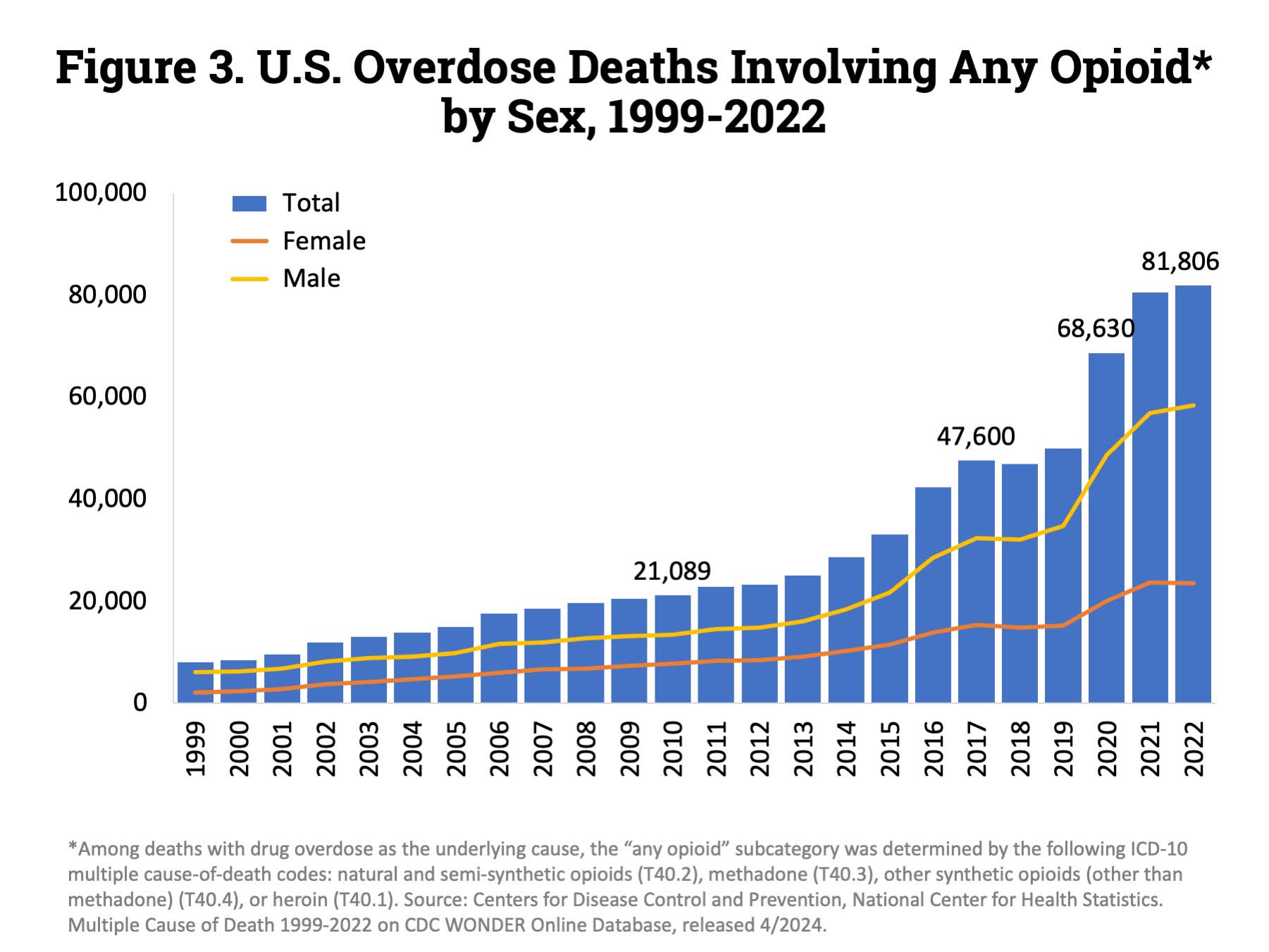Indian Pharma Company Raided After BBC Exposes Illegal Opioid Exports to West Africa
Updated
Aveo Pharmaceuticals, based in Mumbai, was raided by Indian authorities after a BBC documentary called “India’s Opioid Kings” exposed the firm distributing an illegal opioid to be sold on the black market in Ghana, Nigeria, and Cote D’Ivoire. The drug is a combination of tapentadol, a strong opioid, and carisoprodol, an addictive muscle relaxant that is banned in Europe.
The combination of these drugs isn’t licensed for use in any country. Overdoses can cause fatalities; side effects of the drug mixture include breathing difficulties and seizures. The BBC was able to trace the illegal drugs back to a pharmaceutical factory in Mumbai, India. With a hidden camera, they sent a man pretending to be an African businessman to inquire about supplying opioids to Nigeria.
A director for Aveo, Vinod Sharma, met with the alleged businessman while a hidden camera caught the interaction. The man told Sharma he wanted to supply opioids to Nigerian teenagers. Sharma said, “Okay,” and told the man that teenagers can take two to three pills to relax and get high.
Before the end of the meeting, Sharma said the pills are “very harmful for their health – but nowadays, this is business.”
The Maharashtra FDA told Times of India that it was tracking the company for alleged violations. “Aveo has been on our radar for the past few months. We served it notice in October for non-matching of its manufacturing and distribution records. Central Drugs Standard Control Organization (CDSCO) is responsible for testing exports as per its protocols, and the state does not play a role. Both the medicines have their use separately, but their combination is harmful, and it is already banned in India.”
Aveo Pharmaceuticals shares a name with a company based in the United States, but they are not affiliated.
West Africa is going through an opioid crisis, causing significant health and addiction problems. Alhassan Maham, a city chief in Tamale, Ghana, started a voluntary citizen crew to find the drug dealers and confiscate the pills. Maham said, “The drugs consume the sanity of those who abuse them, like a fire burns when kerosene is poured on it.”
The combination of tapentadol and carisoprodol is unlicensed and illegal around the world, including India and Ghana. Indian drug manufacturers can legally export drugs to other nations if they meet the standards of the importing country. The company is breaking Indian law, which prompted the raid by authorities over the weekend.
The Central Drugs Standard Control Organization (CDSCO) is India’s regulating body. The agency told the BBC that it recognizes the importance of maintaining a “responsible and strong pharmaceutical regulatory system.” It said drug exports to foreign nations are closely monitored and tighter regulations have recently been implemented.
The opioid crisis in the United States is typically tied to the promotion of Purdue Pharma’s OxyContin as a non-addictive pain killer. A Hulu drama series called “Dopesick” details the rise of OxyContin as doctors rubber-stamped prescriptions, oftentimes without ever meeting with the patient. The height of overdoses and overprescribing of OxyContin was in 2010-2012. This time frame saw approximately 21,000 overdose deaths from opioids in the United States. In 2022, over 81,000 overdose deaths were recorded, attributable to opioids.
Opioids account for at least 70% of drug overdose deaths in the United States. Illicit fentanyl is the most common of these drugs, which is typically manufactured in Mexico with precursor chemicals from China. It is up to 50 times stronger than heroin. Then, the drugs are smuggled across the border via points of entry, often hidden in cars driven by American citizens. Customs and Border Protection (CBP) confiscated 19,600 pounds of fentanyl in fiscal year 2024. The HighWire spoke with Ben Westhoff, author of Fentanyl, Inc, about the current crisis in the United States and family who experienced the devastating consequences of fentanyl appeared on The HighWire in August.
President Trump promised to crack down on fentanyl trafficking and has taken several steps in an attempt to slow the flow of illicit fentanyl across the border. He imposed 25% tariffs on Mexico and Canada and 10% on China. Trump used this as a bargaining chip to negotiate measures with these governments.
Mexico has sent 10,000 National Guard troops to the border. Canada has also sent 10,000 “frontline workers” to its border to stop fentanyl trafficking. Trump has temporarily paused the tariffs in response to these actions, but the 10% tariff on China remains. Trump also signed an executive order declaring Mexican drug cartels as terrorist organizations as part of this effort.
Purdue Pharma and members of the Sackler family have been ordered to pay up to $7.4 billion in a settlement for their role in fueling the opioid crisis with OxyContin. This news broke last month, but the settlement still needs to be approved. Four companies paid out a combined $26 billion in settlements in 2022 for their role in the opioid crisis. That includes $5 billion by Johnson and Johnson, which was accused of downplaying the addictive risks of its generic opioid drug and funding misleading educational campaigns about the drug.
Publicis Health, a marketing firm, agreed to pay a $350 million settlement last year for its role in sharing misleading information about OxyContin. The group is also an investor in NewsGuard, which was the subject of an investigation by a House Oversight Committee in November for its “impact of NewsGuard on protected First Amendment speech and its potential to serve as a nontransparent agent of censorship campaigns.”












